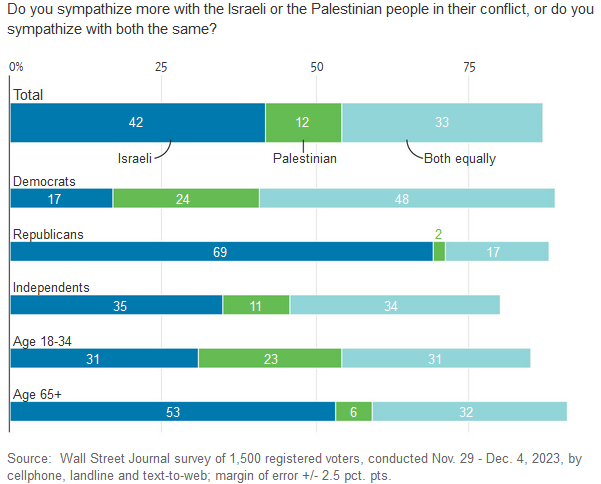Los Angeles has decided that the successful are too successful, and they must be knocked down. To that end, the city’s government has decided to tax the sales proceeds of the wealthy’s homes at 4% on homes sold for $5-$10 million and at 5.5% on homes sold for more than $10 million. This is on top of the real estate brokers’ ordinary 6% fee, and it’s paid by the buyer. Not that that will have any impact on the seller’s ability to sell at a fair price, or anything.
LA isn’t alone in this “mansion tax” move, either. Other jurisdictions, mostly at the State level (it won’t be long before California broadens LA’s move), are doing this, also. They’re all Progressive-Democrat-run, too, all but one of them exclusively so.
- Connecticut: 2.25% on properties surpassing $2.5 million. Progressive-Democrat Governor, Senate, House
- District of Columbia: 1.45% on properties sold for $400,000 or more. Progressive-Democrat Governor, City Council
- Hawaii: Marginal rates ranging from 10% to 20% for estates valued over $5.49 million. Progressive-Democrat Governor, Senate, House
- New Jersey: 1% on real estate transactions exceeding $1 million. Progressive-Democrat Governor, Senate, House
- New York: 1% to 3.9% on residential acquisitions of $1 million or more. Progressive-Democrat Governor, Senate, House
- Vermont: 16% on properties valued over $5 million. Republican Governor, Progressive-Democrat Senate, House
- Washington: Graduated rates starting at 1.28% for properties sold at a minimum of $500,000. Progressive-Democrat Governor, Senate, House
And, to repeat,
- Los Angeles: 4% on homes sold for more than $5-$10 million and 5.5% on homes sold for more than $10 million. Progressive-Democrat Mayor, City Council
This is behavior of the green-eyed jealous politicians of the Progressive-Democratic Party: seizing the produce of success and redistributing it for their own political gain. It’s also just one more incentive for the successful to leave these jurisdictions altogether.

